Tolstoy and the Purple Chair
In Tolstoy and the Purple Chair, Nina Sankovitch chronicles the year that she spends reading a book a day to help her process her oldest sister's death. Since her sister's death several years prior Nina feels as if she has been both stuck in the tragedy of her sister's death and running away from it. In this year, Nina makes some very interesting observations and shares many important insights that she gained during her year of books, particularly on how much we can learn about life and ourselves from books. However, these interesting thoughts quickly get lost in the rambling style of the book. She frequently uses the story lines of the various books she has read to explain the different lessons the books are teaching her, but she often uses two or three different books to establish a point when one book would do quite well. The structure lacks focus and over the course of the book, I was never quite sure why the opening chapter was present or even exactly how many kids she has. And to be perfectly honest, I'm still not even entirely sure why Tolstoy is included in the title. While mentioned, Tolstoy and his books play no central role at all in Nina's year of reading for healing. The book reads more like something written for personal reflection not public consumption. And while the ideas that Sankovitch shares are deep and important, they take a lot patience to find.

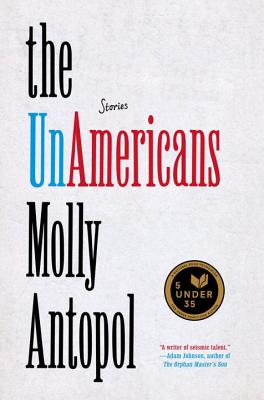
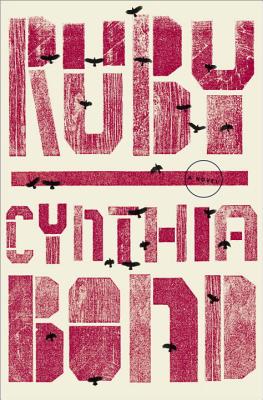
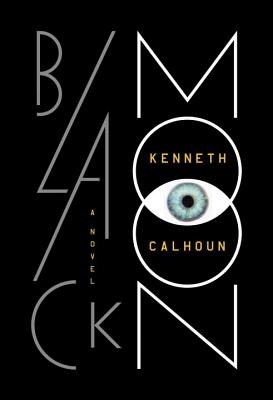

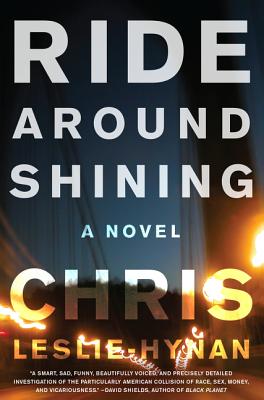
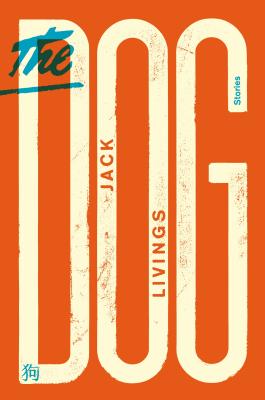

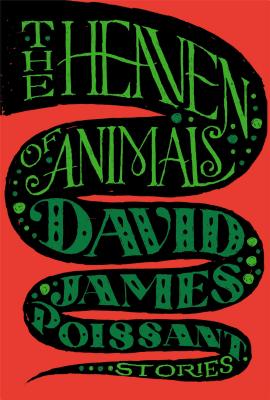
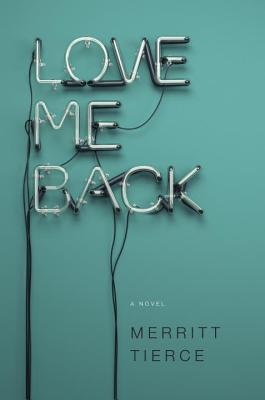
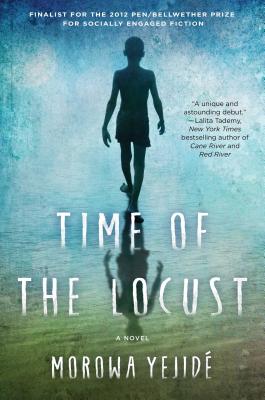



.jpg)







